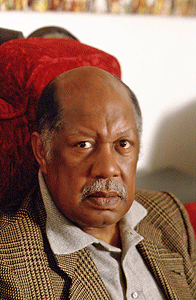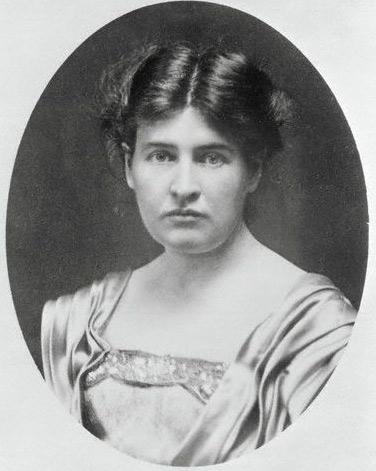
Persuasion is often spoken of as Austen's most mature novel; our editor remarks that "In Anne Elliot, the author created perhaps her sweetest, most appealing heroine." Yet "sweet" does not mean "dull," for watching her find true love and financial security is as enjoyable as observing the growth and maturing of Austen's more comically flawed heroines like feisty Elizabeth Bennett or meddlesome Emma Woodhouse.
The Oscar and Golden Globe winning film of Austen's Sense and Sensibility is one of the finest film adaptations of a classic novel. The film at first appears to focus on the problems of the Dashwood sisters as they adapt to the loss of their father and the financial security he provided, but as the film goes forward, we see that the male characters also must face the consequences of their families' reaction to their behavior. The theme of this film, as with all of Austen's work, is the goal of becoming "properly married," which for Austen meant an appropriate measure of both love and money.

Perhaps most famous for The Autobiography of Miss Jane Pittman, Gaines writes clearly and powerfully of the issues of society, race, and family in the South in the mid-20th century. In our novel, a local leader and pastor must revisit the sins of his past and cope with pressures from community, family, and his own conscience.
(The best photo of Gaines I found was this color photo; I do not intend to give him any more prominence than any of our other authors, for all are equally important.)

Miller was one of the most successful playwrights in one of the most important eras of drama, the 20th century. In our play an aging father must do what he can to correct mistakes of his past and continue to provide for his wife and sons.

Cather's O Pioneers! draws heavily on childhood memories of her life on the Nebraska prairie. It is a novel of community and of coming of age as much as a novel of family relations.